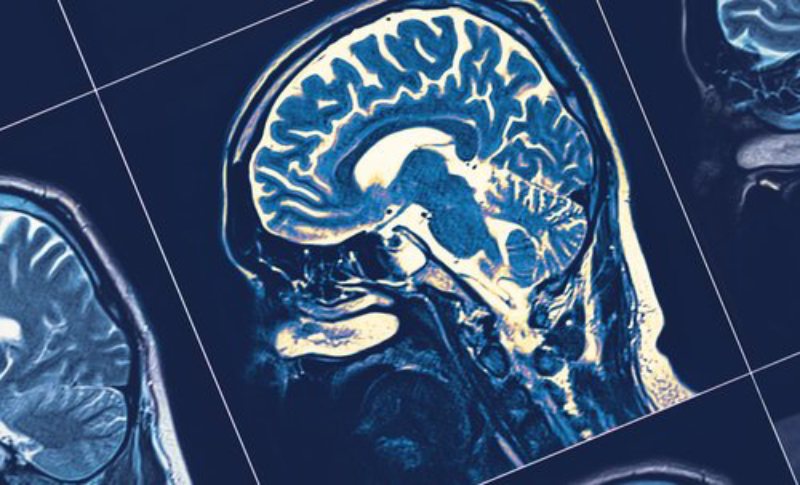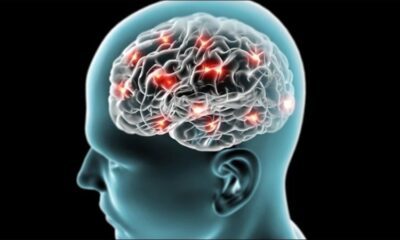According to a new study, some individuals with Alzheimer’s disease signals in their brains may not exhibit any clinical symptoms while they are living. This finding could help us understand how resilient people can be against the crippling sickness.
Researchers hope that the results will help explain how some people live healthy lives until they are 90 or even 100 years old, without the need for medication or brain damage.
Researchers evaluated brain tissue from the Netherlands Brain Bank, which includes samples from more than 5,000 deceased brain donors suffering from a variety of illnesses.
Each donor’s complete medical history and a comprehensive disease course including their symptoms are also retained by the brain bank.
Researchers discovered that a subset of Alzheimer’s patients had the disease’s processes in their brains but did not exhibit any clinical symptoms while they were still living; this suggests that the group was “resilient.”
Upon analyzing the gene activity in the brains of the individuals involved, the scientists discovered that multiple processes had been modified.
The antioxidant metallothionein appears to be produced in greater quantities by astrocytes, a particular kind of star-shaped cell.
In addition to their protective function as the brain’s garbage collectors, these cells have the potential to trigger inflammation when they work in concert with other brain cells known as microglia.
Researchers discovered that a microglia pathway frequently connected to Alzheimer’s disease appeared to be less active in the resilient group.
Researchers discovered that whereas robust people’s natural reaction to a misfolded hazardous protein was largely normal, Alzheimer’s patients’ was not.
Additionally, the study discovered that resilient people’s brain cells might include more cell powerhouse mitochondria, which would improve their brains’ ability to produce energy.
It was unclear what these individuals’ molecular and cellular conditions were at the time. Thus, in the Brain Bank, we looked for donors with anomalies in their brain tissue who did not exhibit cognitive decline, according to research co-author Luuk de Vries.
We found 12 donors out of all of them, making it extremely uncommon. Dr. de Vries stated, “We believe that lifestyle and genetics play a significant role in resilience, but the precise mechanism is still unknown.”
According to recent research, persons who work in complicated jobs or experience a lot of cognitive inputs may be growing resilience as they accumulate more Alzheimer’s pathology prior to symptoms appearing.
It has also been demonstrated that cognitively active lifestyles with lots of social interactions and physical exercise can postpone the onset of Alzheimer’s disease.
“We have new starting points for the development of medication, which could activate processes related to resilience in patients with Alzheimer’s disease,” said Dr. de Vries, “if we can find the molecular basis for resilience.”

 Diabetology2 weeks ago
Diabetology2 weeks ago
 Diabetology2 weeks ago
Diabetology2 weeks ago
 Diabetology1 week ago
Diabetology1 week ago
 Diabetology1 week ago
Diabetology1 week ago
 Diabetology1 week ago
Diabetology1 week ago
 Diabetology2 weeks ago
Diabetology2 weeks ago
 Diabetology1 week ago
Diabetology1 week ago
 Diabetology2 weeks ago
Diabetology2 weeks ago










